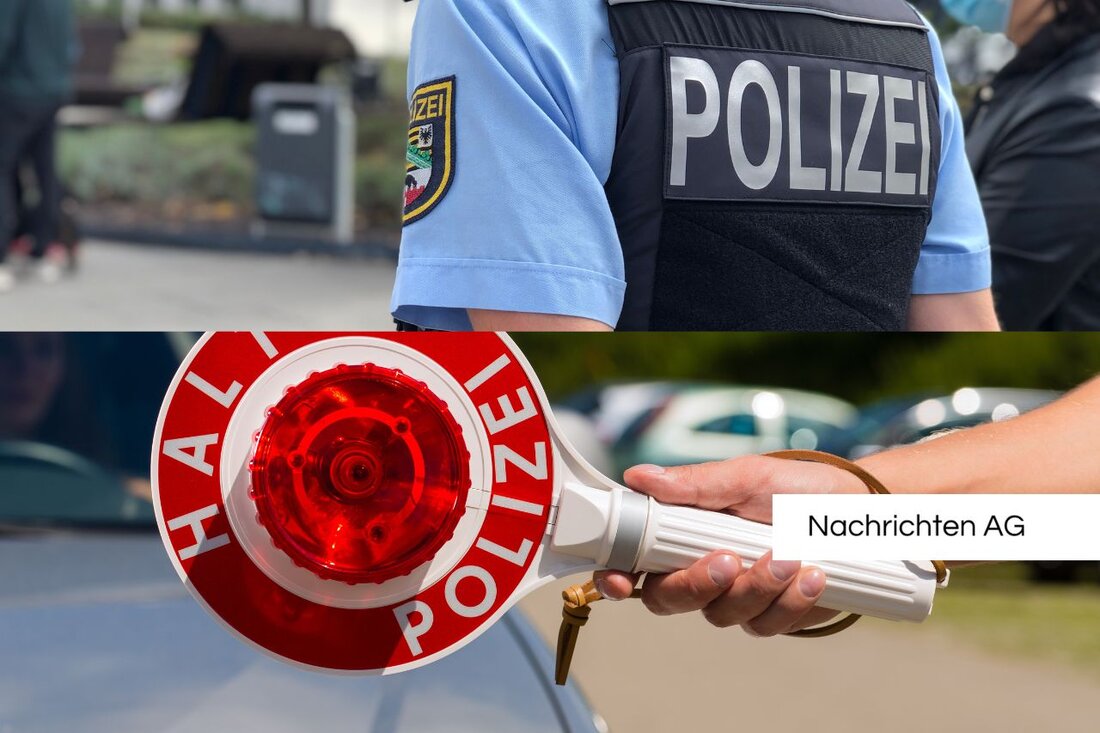Ex-Minister Raab: New hope for migration policy!
Ex-Minister Raab: New hope for migration policy!
Lipa, Nordbosnien, Bosnien und Herzegowina - Ex-Minister Susanne Raab will be the new head of the International Center for Migration Policy Development (ICMPD). This appointment is the result of a month-long selection process carried out by a three-person commission consisting of representatives of the ICMPD supervisory board and an international personnel consultant. Raab, who last worked as an integration minister for five years, was nominated by the Turkish-Green Federal Government as an Austrian candidate. Her upcoming role at the top of the Migration Iink Tank could have a significant influence on European migration policy, especially in a context that is increasingly shaped by the challenges since the 2015 migration.
The ICMPD was founded in 1993 by Switzerland and Austria and now operates projects in 90 countries with 33 regional offices. The aim of the ICMPD is to support member states and partners in a more effective migration policy. This support includes observation of migration flows and cooperation with origin and transit countries. Especially after the migration crisis in 2015/16, the ICMPD gained importance, which also underlines the extensive experience of Raab in the right of migration.
The challenges of European migration policy
The migration situation in Europe has changed significantly since 2015. This year there was an unprecedented increase in refugees and migrants in the EU. The majority of the Syrian refugees initially stayed in the region to hope for an end to violence. However, many later sought a dignified life in Europe, which led to a significant increase in refugee arrivals. Political reactions of the EU were different and often shaped by disagreement, especially with regard to the distribution of asylum seekers.
The focus of the migration flows shifted from traditional routes such as the central Mediterranean route to the Western Balkan route. This route was considered less risky and cheaper. The result was a dramatic increase in arrivals in the European countries. During the same period, 1.32 million asylum applications were registered in the 28 EU countries in 2015, and the number of refugees from herds of conflict such as Syria, Iraq and Afghanistan increased continuously.
opposing reactions and legal changes
The reactions of the EU members to the migration crisis led to heated debates and an East-West division about the admission and distribution of refugees. While some countries took measures to support refugees, border controls were introduced in other countries and fences were built at the borders. This dynamic development also led to a change in asylum laws in several Member States and often to tighten the regulations that restricted the rights of asylum seekers.
As part of the European Agenda for Migration, which was presented by the EU Commission in 2015, various measures were proposed to reform migration policy. The goals included combating smugglers, reducing irregular migration and creating a distribution system for asylum seekers. Despite these initiatives, implementation was difficult, and numerous plans remained unclear or incomplete to this day.
The position of Susanne Raab at the ICMPD opens up new opportunities to influence European migration strategies. Your expertise and experience in the field of migration could be crucial to advance progressive solutions in a complex and challenging political environment. The development and results of your work will not only be important for Austria, but also for the entire European migration policy.
| Details | |
|---|---|
| Ort | Lipa, Nordbosnien, Bosnien und Herzegowina |
| Quellen | |


Kommentare (0)